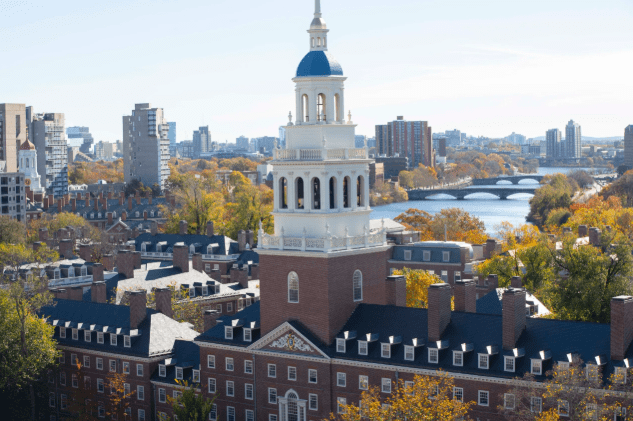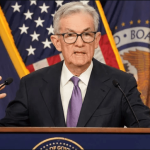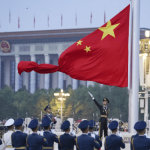CAMBRIDGE, MA – Harvard University has launched legal action against the Trump administration over what it claims is an unlawful freeze of federal research grants amounting to $2 billion (£1.6bn).
In a sharply worded letter to students and staff, Harvard President Alan M. Garber called the move a serious threat to essential scientific research. The funding block, he warned, could severely disrupt studies into diseases like Alzheimer’s, Parkinson’s, and childhood cancer.
“In recent weeks, the federal government has launched a broad attack on the critical funding partnerships that make this invaluable research possible,” the university stated in its lawsuit.
Mr Garber added, “The consequences of the government’s overreach will be severe and long-lasting.”
The legal filing argues that the freeze violates Harvard’s constitutional rights and claims the funding is being used as a tool to pressure the university into making changes to its academic decisions.
Tensions have been mounting between elite US universities and the federal government. Harvard, often seen as a liberal stronghold, recently rejected a list of demands from the Trump administration aimed at tackling anti-semitism and curbing diversity programmes.
These included external audits of hiring practices, admissions data, and even curriculum changes.
Harvard had previously rejected a series of federal demands tied to anti-semitism and diversity oversight, a move that significantly escalated tensions with the Trump administration, as detailed in our earlier report on the Harvard funding freeze and federal intervention.
The Trump administration is also reportedly considering suspending a further $1 billion in grants, a move that could significantly deepen the row.
The White House fired back with a blistering statement on Monday night: “The gravy train of federal assistance to institutions like Harvard, which enrich their grossly overpaid bureaucrats with tax dollars from struggling American families is coming to an end. Taxpayer funds are a privilege, and Harvard fails to meet the basic conditions required to access that privilege.”
Harvard isn’t the only institution under scrutiny. Other Ivy League schools like Cornell University and Brown University have also seen funding suspended—$1 billion and $510 million, respectively.
Columbia University, which was at the centre of pro-Palestinian protests last year, narrowly avoided major cuts by partially complying with federal demands.
In total, at least 60 universities are being reviewed by a new government task force on anti-semitism.
Former US President and Harvard alumnus Barack Obama has weighed in, branding the funding freeze “unlawful” and voicing support for his alma mater.
While Mr Garber, who is Jewish himself, admitted that incidents of anti-semitism had occurred on campus, he defended the university’s actions. Harvard, he said, had formed dedicated task forces to address anti-semitism and anti-Muslim bias. Their reports are due to be published soon.
Meanwhile, threats loom over Harvard’s tax-exempt status and its ability to enrol international students, both vital to its global standing and operations.
A Gallup poll from last summer showed a worrying trend—declining trust in American higher education. The survey suggested that many Americans, particularly Republicans, feel universities are pushing political agendas rather than focusing on education.
That sentiment may be fuelling much of the federal government’s current stance.
Harvard’s battle with the Trump administration is shaping up to be more than just a legal dispute—it’s a defining moment in the relationship between academic independence and federal authority in the United States.
As legal proceedings unfold, the broader implications for research, education, and political influence over campuses could be profound. For now, America’s most prestigious university is digging in its heels, vowing to defend its autonomy, research, and reputation on the line.






